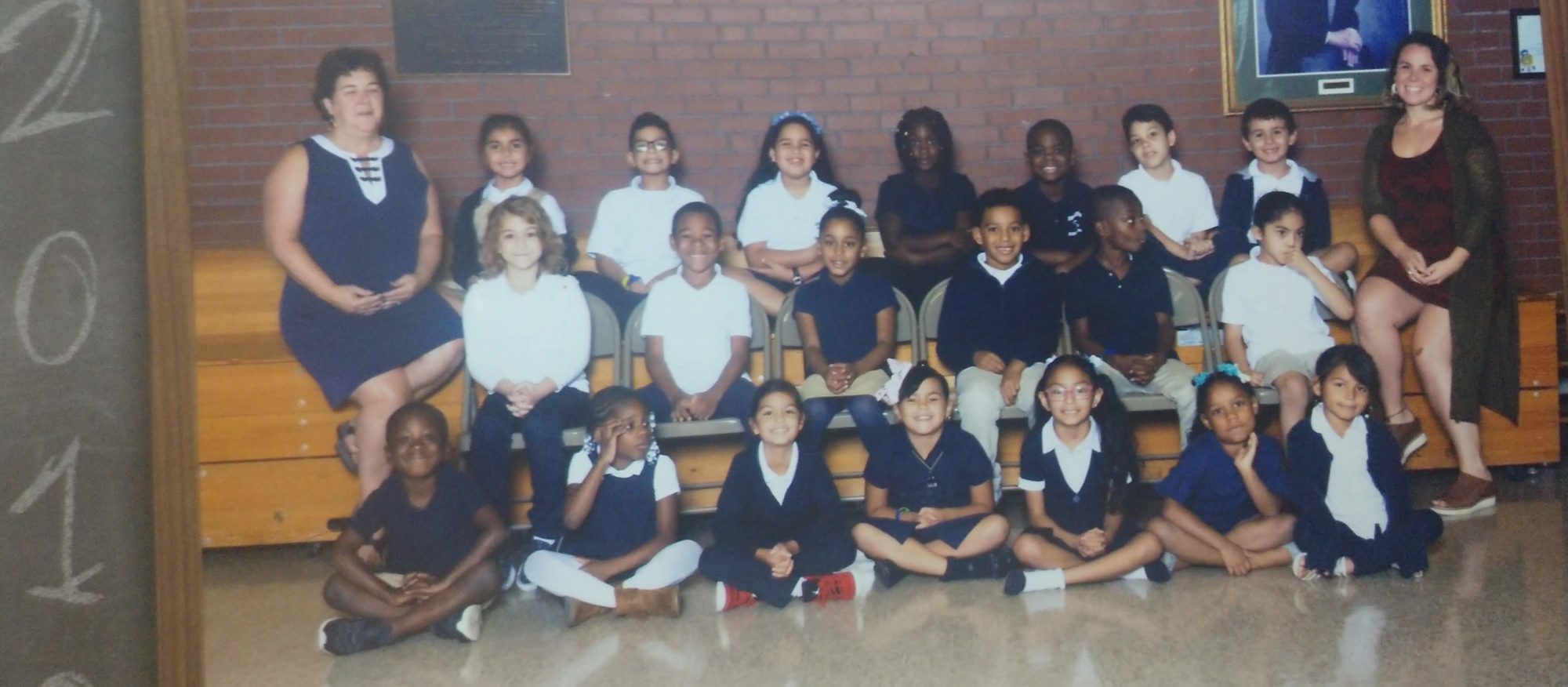My main assessments throughout this unit are informal formative assessments based on my observations on student comments and questions. It is the questions especially that show me throughout this unit where students are at in their understanding of culture. During turn and talks I can hear what students are talking about to gauge their understanding of culture, what they’ve learned about their own culture, and how they’re still wondering.
Additionally, there are a few lessons which require writing about reading. During our research lessons, students write according to the cultural pillars they’re researching on. When we split into groups to read different versions of Cinderella, students will write on what they’ve found to relate to culture according to some of those pillars previously researched based on their own culture.
My final lesson and assessment really speaks to many of my learning goals and reflects what they’ve learned in the entire unit. The final lesson is another assessment tool – not intended to be one that is looked at in isolation from the rest of the unit, but has the potential to represent student’s cumulative learning gained throughout this unit. For the final assessment students will be asked to create interview questions for someone, plan an interview, and record it on a website where I can view their responses, FlipGrid.
The use of an interview shows that my students understand their cultures, are able to work in teams, are able to work independently (as they plan their questions), and are able to speak clearly about their culture – all of which are learning goals for the entire unit demonstrated at several points throughout the unit, and then fully embodied in this last assessment tool.
How will students know what’s expected of them?
Before the interviews, I will write up the rubric for what I expect for their plan on the board.
1. Each of you need to introduce yourselves.
2. Each of you need to ask your questions to each other.
3. Each of you need to answer the following question: “Worcester has many cultures just like our classroom! How does that make Worcester a special place?”
These written directions along with my verbal communication that I expect students to work cooperatively in their teams and quickly record their video following these expectations should let all students know what I expect.
